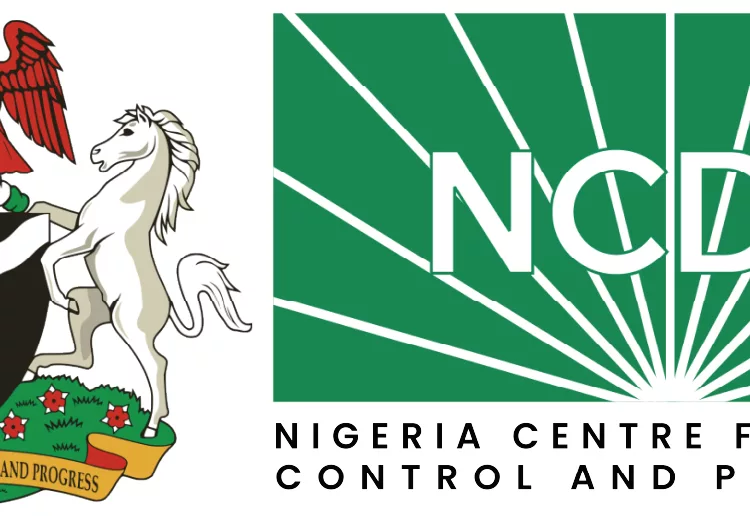The Nigeria Centre for Disease Control and Prevention (NCDC) has confirmed 1,307 suspected cholera cases and 34 deaths across 30 States and 98 local government areas (LGAs), as of April 20, 2025.
This represents a Case Fatality Rate (CFR) of 2.6 per cent significantly higher than the target of less than 1 per cent.
Director-General of NCDC, Dr. Jide Idris, disclosed this on Friday during a national health security press briefing in Abuja.
He warned of a concerning rise in cholera transmission as the country enters the peak of the rainy season, highlighting the importance of proactive flood risk management to curb waterborne disease outbreaks.
“Cholera remains endemic in Nigeria, especially in communities with poor access to clean water and sanitation. t is a highly contagious bacterial infection caused by Vibrio cholerae and can be fatal without prompt treatment,” he said.
Cholera spreads primarily through contaminated food and water. Transmission is often linked to unsafe water sources, poor sanitation, open defecation, and improper waste disposal. Contamination may occur at the water source, during transportation, or at the point of storage, the NCDC DG explained.
Street-vended beverages, ice, and even commercially bottled water, along with raw fruits and vegetables rinsed with contaminated water, have been identified as common vehicles of transmission, Dr. Idris added.
The incubation period ranges from two hours to five days. Most infected individuals (about 80%) exhibit mild or no symptoms, but severe cases can cause acute watery diarrhea and vomiting, leading to rapid dehydration and death within hours if untreated.
Cholera is preventable and treatable. Early detection and prompt treatment with oral rehydration solution (ORS) and antibiotics are crucial. Preventive measures include ensuring access to safe drinking water, proper sanitation, hand hygiene, and avoiding risky foods such as raw or undercooked seafood and street food.
Dr. Idris emphasised that individuals at highest risk include those in areas with limited clean water and sanitation, particularly in slums, rural communities relying on unsafe water sources, and overcrowded settings such as refugee camps. He added that health workers and caregivers are also at risk if infection control measures are not strictly followed.
The DG urged the public to boil drinking water, store it safely, maintain proper hand hygiene, cook food thoroughly, and avoid open defecation and indiscriminate refuse dumping.
Health workers are advised to promptly report suspected cholera cases, adhere to infection prevention protocols, and educate communities on protective practices.
To strengthen preparedness, the NCDC has begun cholera readiness workshops in the South-West and North-West, with similar initiatives planned for other regions in May. The agency has also distributed treatment guidelines, test kits, and risk communication materials, while 134 high-risk LGAs have been prioritised for intervention.
“Though case numbers remain relatively low, their widespread distribution during the rainy season underscores the need for heightened vigilance. We urge stronger collaboration across sectors, especially in water, sanitation, and hygiene, to prevent further spread and reduce fatalities,” Dr. Idris stated.
He reaffirmed NCDC’s commitment to leading a coordinated national response in partnership with state governments and development partners.





